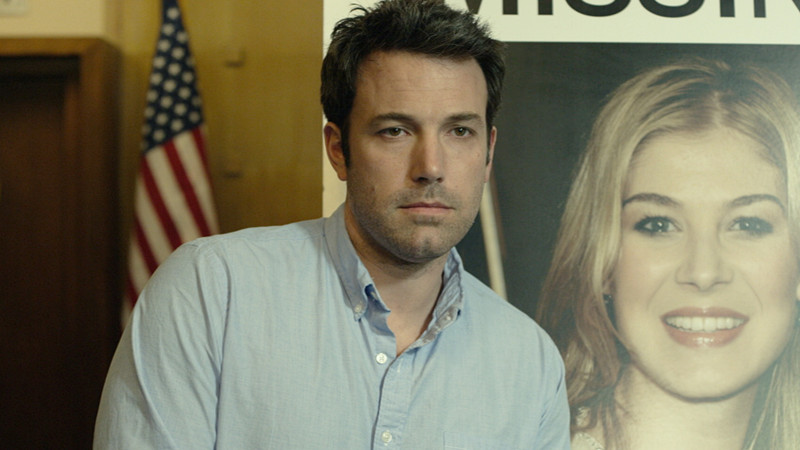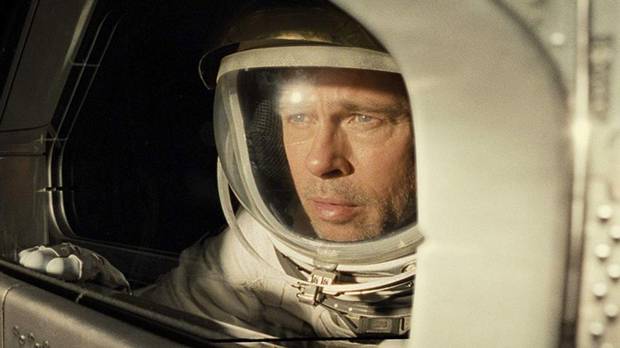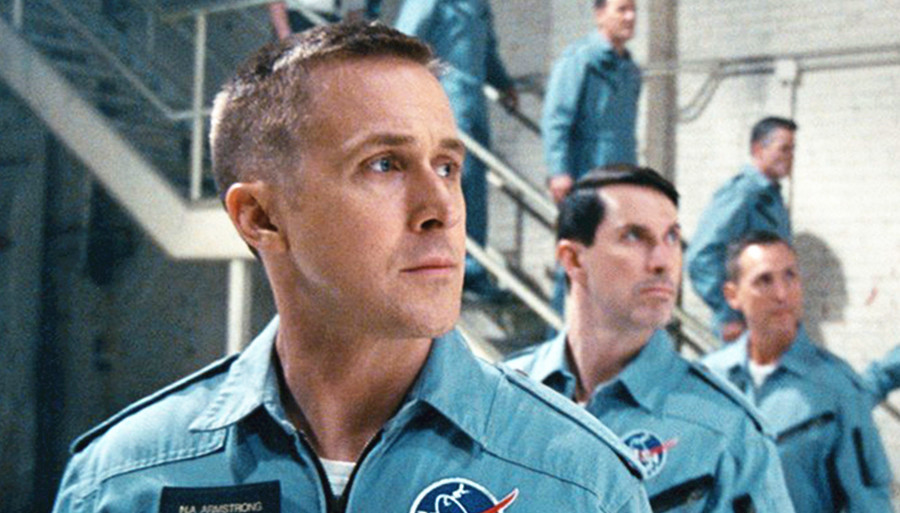5. Under the Skin – Mica Levi

Under the Skin is among the best and most complex science fiction films of the 21st Century, and Mica Levi’s score helps to create the unsettling vibe of the story. Essentially, Under the Skin is a film that unpacks the human experience from the perspective of an alien, and Levi’s music helps to show how strange and haunting the natural tendencies of mankind can be. Scarlett Johansson’s character experiences this world with a mix of wonder and fear, and the score helps to dig within her psyche.
The score is also very important in building tension; the repetition of seeing Johansson seduce and trap men becomes all the more haunting thanks to the recurring music cues, tipping off the viewer to how this cycle of learning and entrapment works. Both anxiety inducing in its composition and beautiful in spare moments, Levi’s score helps to make Under the Skin the challenging, sensuous experience that it is.
4. Gone Girl – Trent Reznor and Atticus Ross

Gone Girl is quite the untraditional mystery film, as it combines David Fincher’s claustrophobic exploration of human depravity with the razor sharp satire of media and marriage that comes from Gillian Flynn’s novel. Trent Reznor and Atticus Ross worked with Fincher on The Social Network and The Girl With The Dragon Tattoo, and like those films, they crafted a score that often deceives and misdirects the viewer.
Musical cues help to create suspicion surrounding Nick Dunne (Ben Affleck), and beneath the seemingly normal Missouri community, Reznor and Ross find seeds of doubt and deception. Much of Amy’s characterization is defined by the music; the iconic “Cool Girl” speech is the moment in which the score transforms from gradual tension building to full on thriller. It’s a magnetic score that was surprisingly overlooked by the Oscars.
3. Ad Astra – Max Richter

Max Richter is an immensely talented composer who has worked in many fields, and created incredible scores for films like Hostiles and Mary Queen of Scots, as well as the incredible soundtrack for HBO’s The Leftovers. Richter’s formal, ethereal beauty helps to elevate any genre he works in, and rarely is it better suited than in James Gray’s emotional space opera Ad Astra.
Ad Astra is a film that explores detachment from wonder, and uses the joy of space travel as a means of bringing together father and son. As Roy McBride (Brad Pitt) ventures further into the unknown, the exciting and wondrous experiences are underscored by his conflicted feelings about his father, and his internal monologue is made all the more powerful thanks to Richter’s beautiful work. The tear jerking, emotional conclusion sees Richter, Gray, and Pitt all working to create a transcendent cinematic moment.
2. You Were Never Really Here – Jonny Greenwood

Jonny Greenwood had previously shown his aptitude for working with brilliant auteurs during his collaborations with Paul Thomas Anderson on There Will Be Blood, The Master, Inherent Vice, and Phantom Thread, and he thankfully continued to do so in working on Lynne Ramsay’s modern masterpiece You Were Never Really Here. Like the Anderson films, You Were Never Really Here explores the damaged psychology of a man haunted by trauma, and Greenwood’s score is equally haunting.
Part of the genius of You Were Never Really Here is the slick editing, which emphasizes the sharp reaction to violence and the brutal repercussions, and Greenwood’s score helps to sell this relentless brutality. The more meditative moments are equally as powerful, with the incredible track “Tree Strings” helping to form one of the most purely beautiful cinematic moments of the 2010s.
1. First Man – Justin Hurwitz

After the immense success of Whiplash and La La Land, film fans may have been surprised to learn that director Damien Chazelle and composer Justin Hurwitz were working on not another music centric film, but a biographical story of Neil Armstrong. However, music was very essential to First Man, which recontextualizes the trip to the moon as a father coming to terms with loss and rethinking his priorities. The film’s unflinching look at both grief and loneliness is all the more potent thanks to Hurwitz’s brilliant cues.
Yet for all the emotional baggage, First Man is still an exhilarating space adventure, with tracks like “The Landing” depicting the unprecedented lunar mission with all the excitement of an adventure film, and “Quarantine” leaving the viewer to reflect on the emotional consequences of the experience. It is truly one of the most underrated films and scores of the decade, and it is an absolute shame that Hurwitz’s score didn’t gain any Academy Award attention.